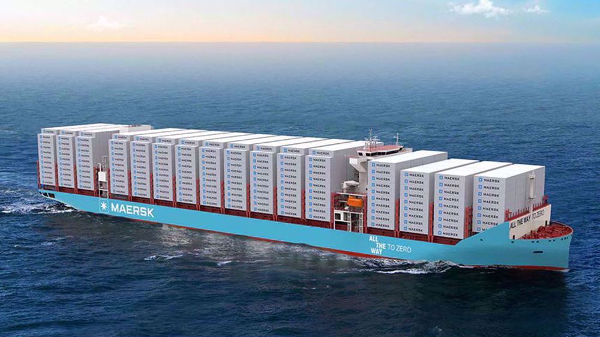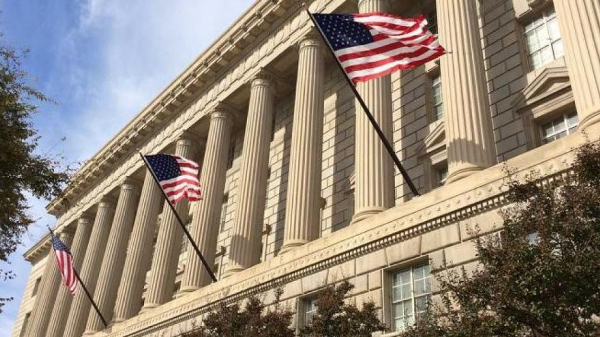
Sold out gas pumps are shown at a station ahead of the arrival of Hurricane Dorian in Pompano Beach, Florida, US August 30, 2019. (Reuters photo)
The southeastern United States will be the first to experience price hikes at the pumps because of the supply disruption following a cyberattack that shut the largest US gasoline pipeline, experts warned on Sunday.
On Friday, Colonial Pipeline, which transfers gasoline and jet fuel from Texas to New York, said in a statement it shuttered thousands of kilometers of pipeline network in an attempt to contain the security breach.
"On May 7, the Colonial Pipeline Company learned it was the victim of a cybersecurity attack. In response, we proactively took certain systems offline to contain the threat, which has temporarily halted all pipeline operations and affected some of our IT systems," the company said in its statement.
Although some smaller lines were restarted on Sunday, Colonial has, so far, not given any timeline for the restart of its main pipelines.
Since Friday, demand for gasoline has increased as drivers fill their tanks.
States including Florida, Georgia, Alabama, South Carolina, North Carolina, and Tennessee depend on the line for most of their fuel supplies.
The states, which suffered localized shortages and higher prices during previous shutdowns, are expected to experience the same problem.
On Saturday, demand in Alabama, Florida, Georgia and Tennessee increased by around 4.3% in comparison to a week earlier, according to Patrick DeHaan, head of petroleum analysis at fuel tracking firm GasBuddy.
DeHaan called on drivers to avoid panic buying.
"Rushing out and filling your tank will make the problem much much more acute and likely double or triple the length of any supply event, if it comes to that," he said.
Since the incident, gas prices have gone up a cent on the gallon, according to the American Automobile Association. The average price for regular unleaded gasoline was $2.962 in comparison with $2.901 a week earlier, the AAA said.
"If the interruption persists, we will see more regional impacts than nation-wide, in terms of supply and prices. The south/southeast (Maryland to Mississippi to Georgia), will likely see gas prices increase first," the AAA said in a statement to Reuters.
"The shorter the pipeline shutdown, the better news for motorists."
There is also an increase in demand across the United States as more and more people, who are vaccinated against COVID-19, start traveling.
Fuel distribution points at several locations are likely to see price increases, said Ernie Barsamian, chief executive officer of The Tank Tiger, a US terminal storage clearinghouse.
He added that those distribution centers are particularly located in Wilmington in North Carolina, Charleston in South Carolina and Savannah in Georgia.
He went on to say most of the terminals along Colonial Pipelineís route ought to have at least 10 days of supply, however, because prices to sell now are higher than those for later, companies have not been incentivized to store fuel and, as a result, some terminals could be running leaner.
The shortage in supply would also affect airlines in the region, said Tom Kloza, founder of the Oil Price Information Service.
"Perhaps the biggest concern might be jet fuel," he said. "Airports tend to really test the boundaries of just-in-time inventory practices."
Colonial serves airports including some of the busiest in the country such as Hartsfield-Jackson Atlanta International Airport, one of the busiest in the world by passenger traffic, and Charlotte Douglas International Airport.
Meanwhile, the White House was working closely with Colonial Pipeline to help it recover from the ransomware attack, which is one of the most disruptive digital ransom operations ever reported.
The attack has drawn attention to how vulnerable US energy infrastructure is to hackers.
LINK: https://www.ansarpress.com/english/22172
TAGS:






























 South Korea may punish Tesla
South Korea may punish Tesla 




